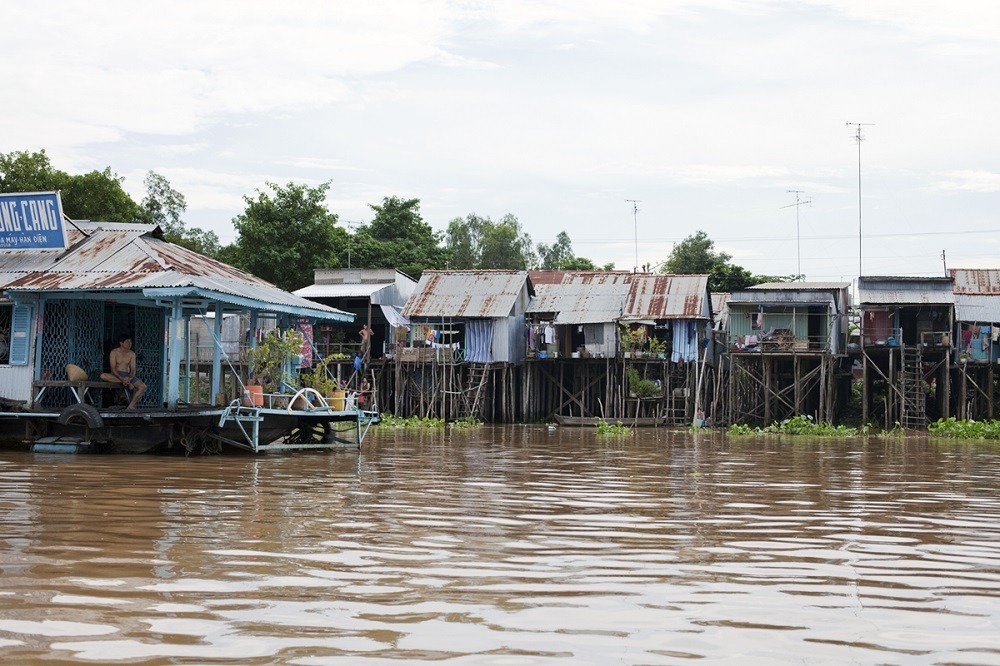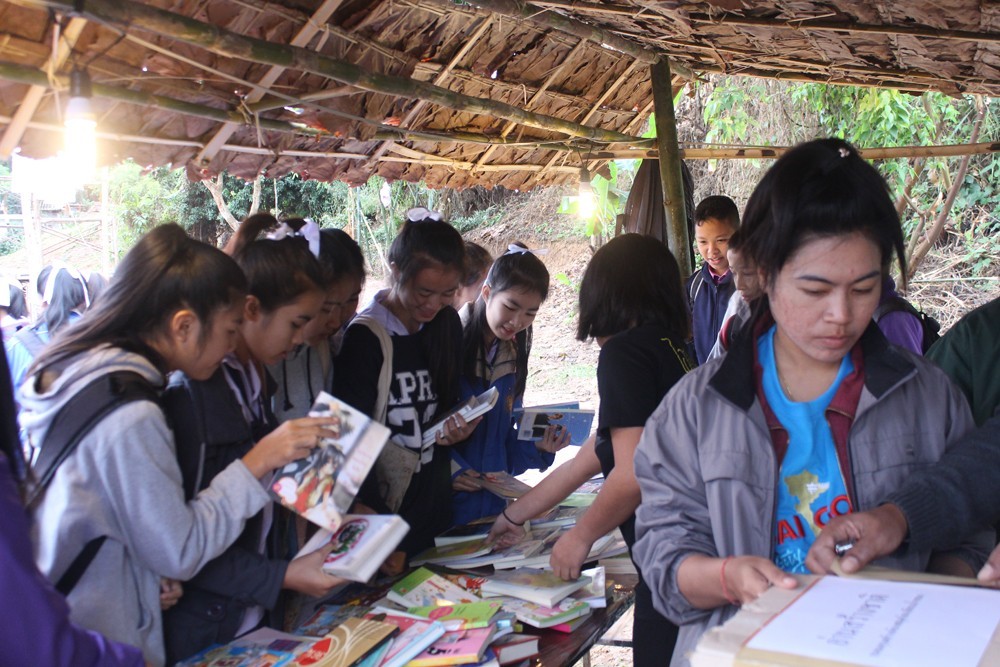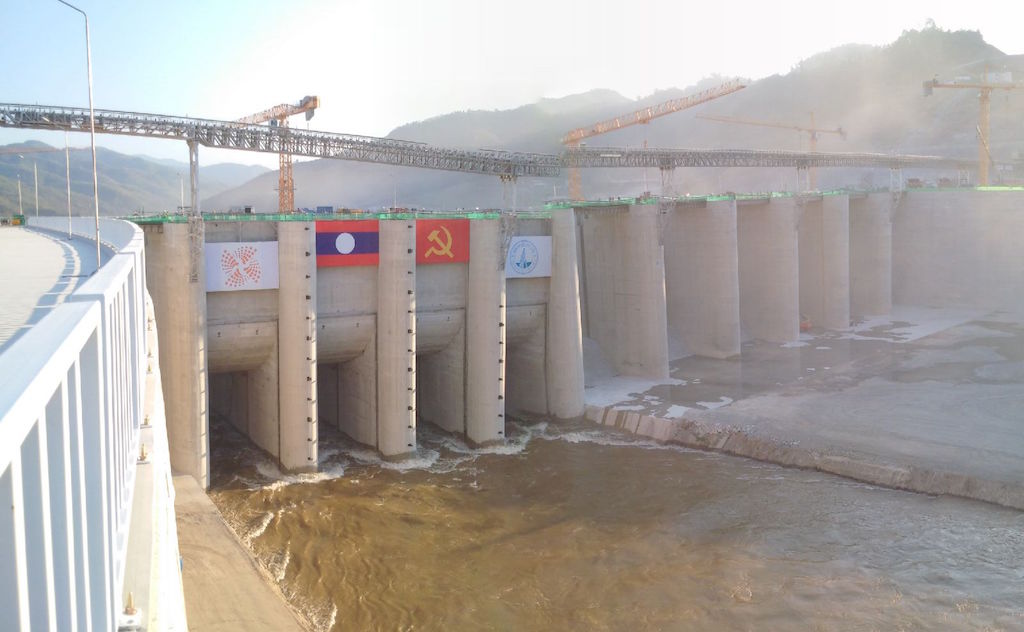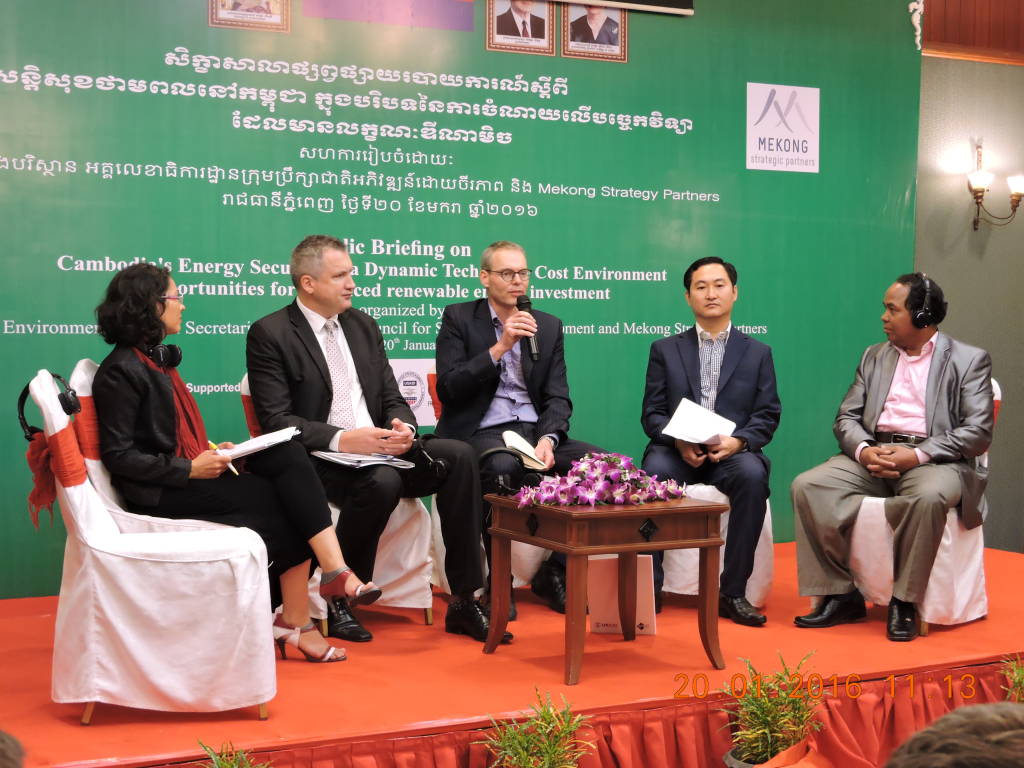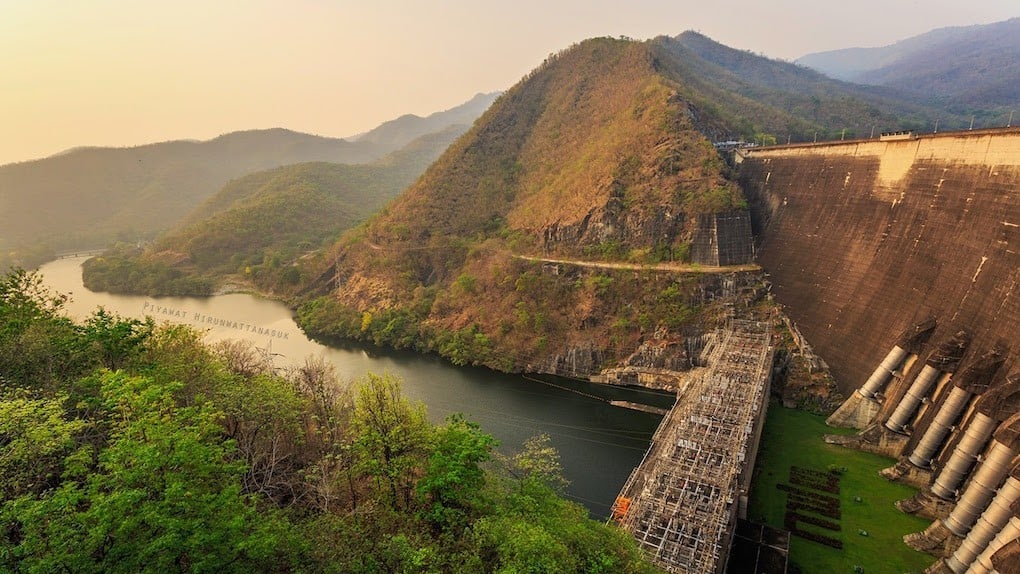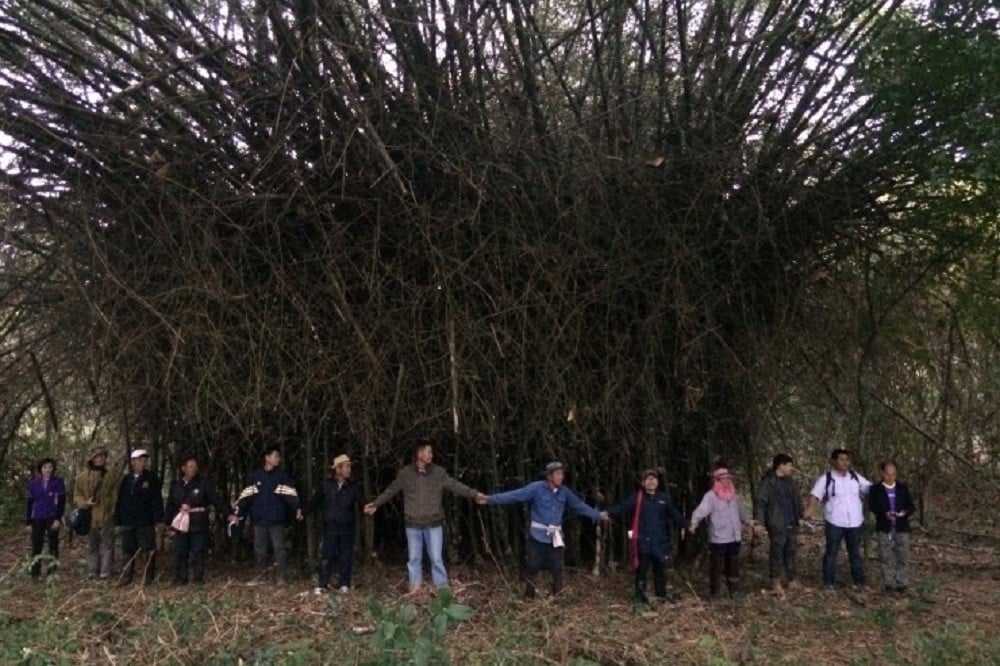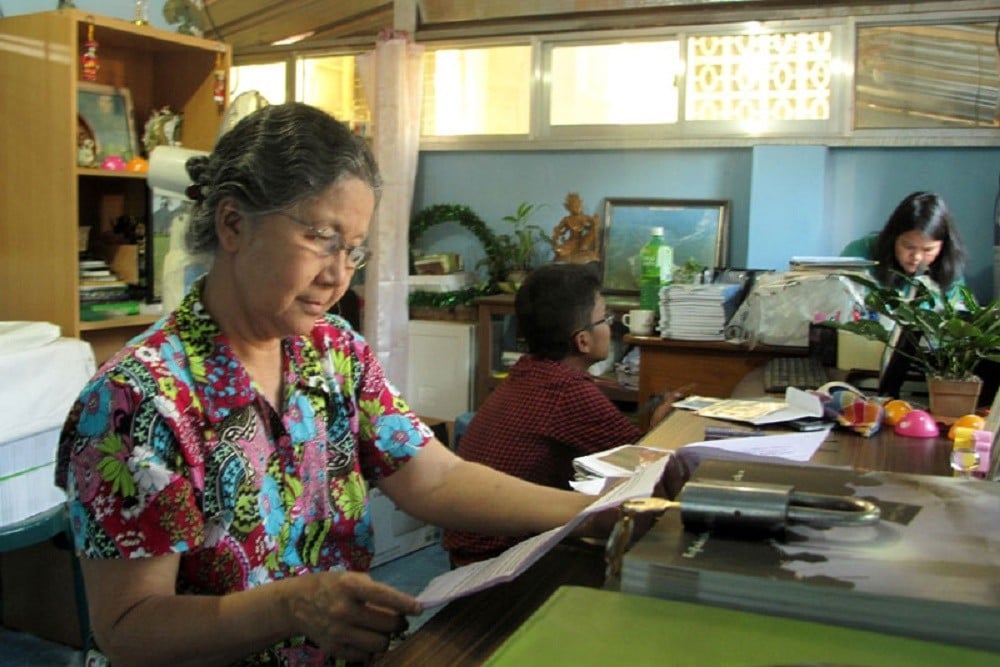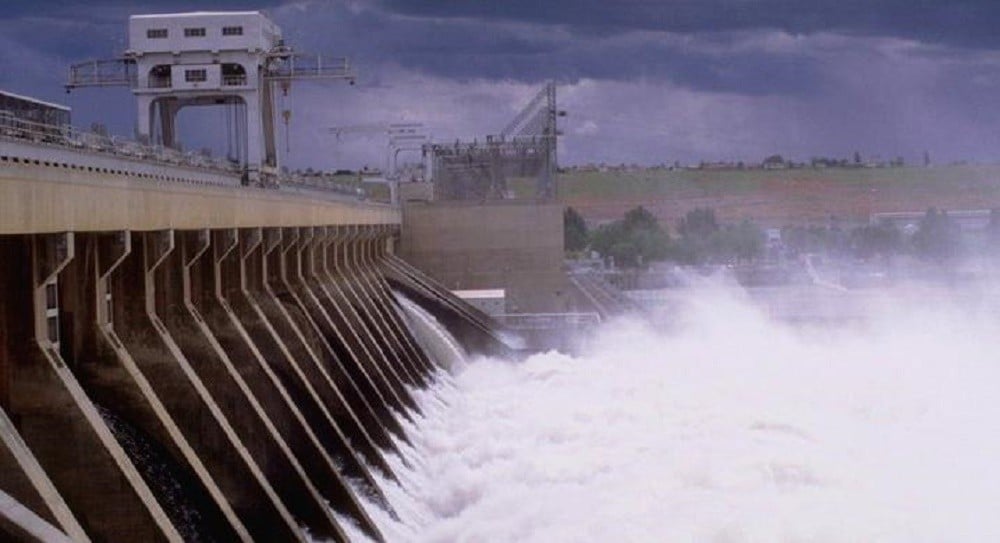The richly illustrated book Living with the Mekong provides readers with insights into urban developments in one of the world’s most threatened deltas. According to the author, the book gives a personal account of “how Vietnam and the Vietnamese people cope with the consequences of climate change.” Joep Janssen, a Dutch urban delta expert, travelled through the Mekong Delta and Ho Chi Minh City area researching the impacts of climate change and development on farmers and urban inhabitants. The Mekong Eye talked to Joep, via email, about urbanization, climate change, development, and how decision makers in the Mekong region might learn from the Dutch experience.
Category: Article
Opening of Mekong River School: passing on knowledge on ecology, culture & environment to next generations
Last week, the group of Thai Society of Environmental Journalist and Thai Journalist Association together with 15 news outlets went to Chiang Kong district in Chiangrai province to follow up on the progress of the establishment of the second phase of Special Economic Zone, and the impact on the surrounded communities. They also attended the opening of Mekong School, which is situated on Mekong River bank in Chiang Kong River. Mekong School is set up under the philosophy “Respect for nature and Faith in humanity justice” by villagers and different stakeholders to provide learning space Mekong ecology, culture and environment of Mekong River. Under “Field of Learning” concept, Mekong School provides knowledge on Mekong River history, local cultures and academic researches on Mekong. The school also plans to set up Mekong Library for database and research purposes.
With AIIB, Nation Diversifies Funding Options
Though it’s extremely early days, experts this week welcomed Cambodia’s membership to the nascent China-led Asian Infrastructure Investment Bank (AIIB), saying it would provide much-needed diversity of funding for the nation’s infrastructure and connectivity needs.
Launched in Beijing last weekend, the multilateral development bank aims to support infrastructure growth in the Asia-Pacific region through the provision of loans, and supports China’s ambitious “One Belt, One Road” initiative to boost trade and connectivity across the Eurasian landmass.
Open Development Cambodia new Generation 2 website launched
Open Development Cambodia, has launched its new Generation 2 website. On the new website you will find about 100 pages of briefings covering 17 development sectors, an expanded law compendium, a comprehensive listing of ELCs, new maps, and an improved map explorer, as well as the daily news summaries. This makes ODC the first country website to interface with the new regional Open Development Mekong (https://opendevelopmentmekong.net , as part of a platform expansion that will eventually include websites for all five Lower Mekong countries.
At the Borders of Ecological Destruction
A new year is often a time for joyful celebration. But Pianporn Deetes bid farewell to 2015 with a heavy heart.
“The Administrative Court gave me the most cruel Christmas ever. My spirit was dampened throughout the New Year period,” she said.
Pianporn is remembering her experience listening to the ruling on the Xayaburi Dam on Dec 25. The lawsuit — in which 37 villagers from eight provinces in Thailand affected by the project sued the Energy Ministry and Electricity Generating Authority of Thailand for allegedly signing a power purchase agreement illegally — is a landmark case since it was the first time people have gone to court for environmental and community rights protection from a transborder project championed by the Asean Economic Community (AEC). The dam is now being constructed, with investment from Thailand, on the Mekong River in Laos. When finished, over 90% of electricity from the dam will be sold to Thailand.
Report recommends actions to increase Cambodia’s renewable energy use
The Cambodian National Council for Sustainable Development (NCSD), in collaboration with U.S. Agency for International Development (USAID) and its partners, launched a report today that highlights Cambodia’s need to set a formal target for renewable energy generation for sustainable and secure economic growth.
The independent report entitled “Switching On: Cambodia’s Path to Sustainable Energy Security,” supported by the USAID-funded Mekong Partnership for the Environment (MPE) project, recommends that the Cambodian government clarify laws on renewables – such as rooftop solar power – to supply electricity.
Water management requires a more holistic view
As of Tuesday, the combined amount of usable water retained in seven major dams, including Bhumibol and Sirikit, that feed the Central plains stood at around 3,300 million cubic metres, or 18 per cent of their combined capacity of around 24,700 million cu.
The National Water Resources Committee (NWRC) came up with this figure at the end of November as it does every year, and after seeing these numbers, I must say it is of serious concern and I wonder how we will be able to survive yet another drought.
Is SEZ on Boon Reung forest; destroying Chiang Khong and Mae Kong River?
There is high possibility that the Special Economic Zone will take away more than 1,190 acres of Boon Rueng forest from the community. There is also equally possibility that the Mekong River ecosystem will be destroyed if Boon Rueng forest transform into Special Economic Zone according to Thailand’s Prime Minister Gen. Prayuth Chan-ocha’s vision. The abundant Boon Rueng forest in this wetlands is currently being nominated for SEZ consideration by Joint Public Private Committee, Office of the Permanent Secretary of Interior. If approve, half of the forest will be replaced with factories. According to the survey, there are more than 60 species of plants and 211 species of animal, especially endangered species such as Fishing Cat in Boon Rueng forest. Obviously, Boon Rueng forest is not ‘degraded forest’ as it was claimed.
‘We do not accept the government’s clean coal technology’
Interview: Devi Thant Cin is a well-known environmentalist and coordinator of the Myanmar Green Network. The non-government organisation has been using the increasing space for civil society in Myanmar in recent years to lobby against environmentally damaging mega projects, such as the Myitsone hydropower dam on the Ayeyarwaddy River.
More droughts may mean less power
The future of hydropower looks dim as heat and drought intensify


